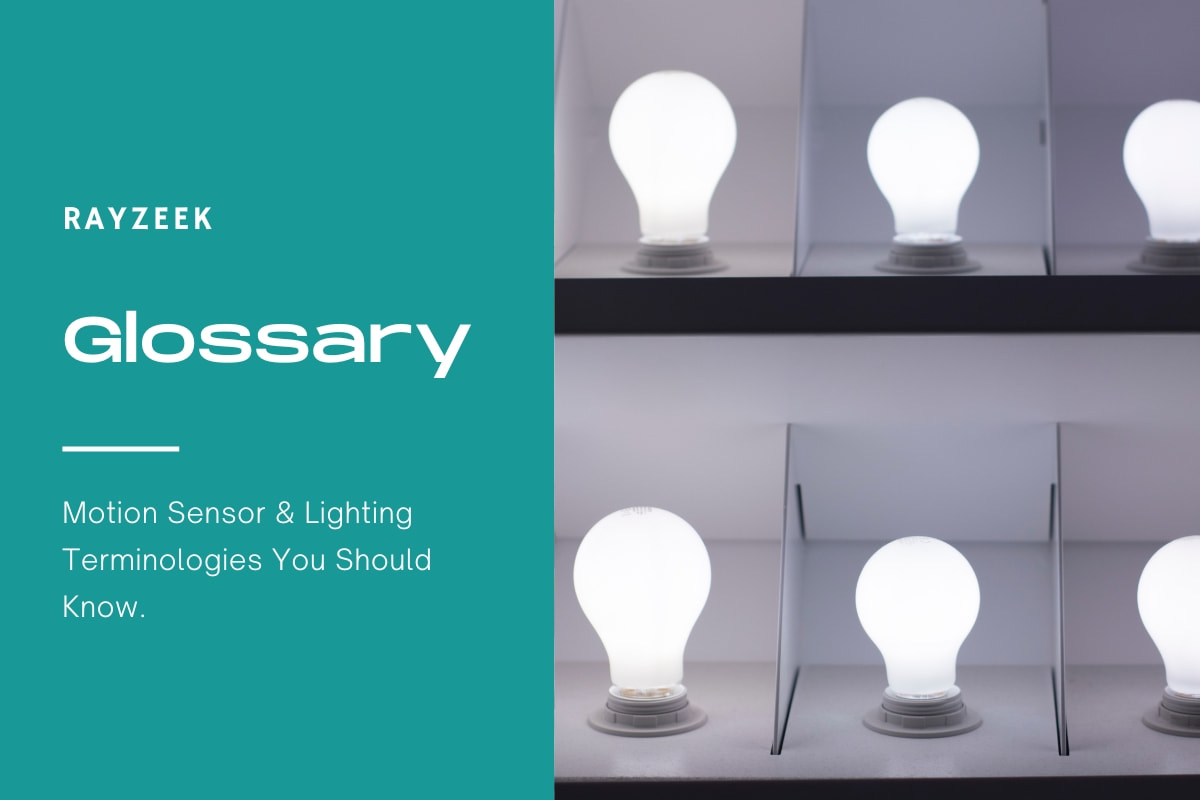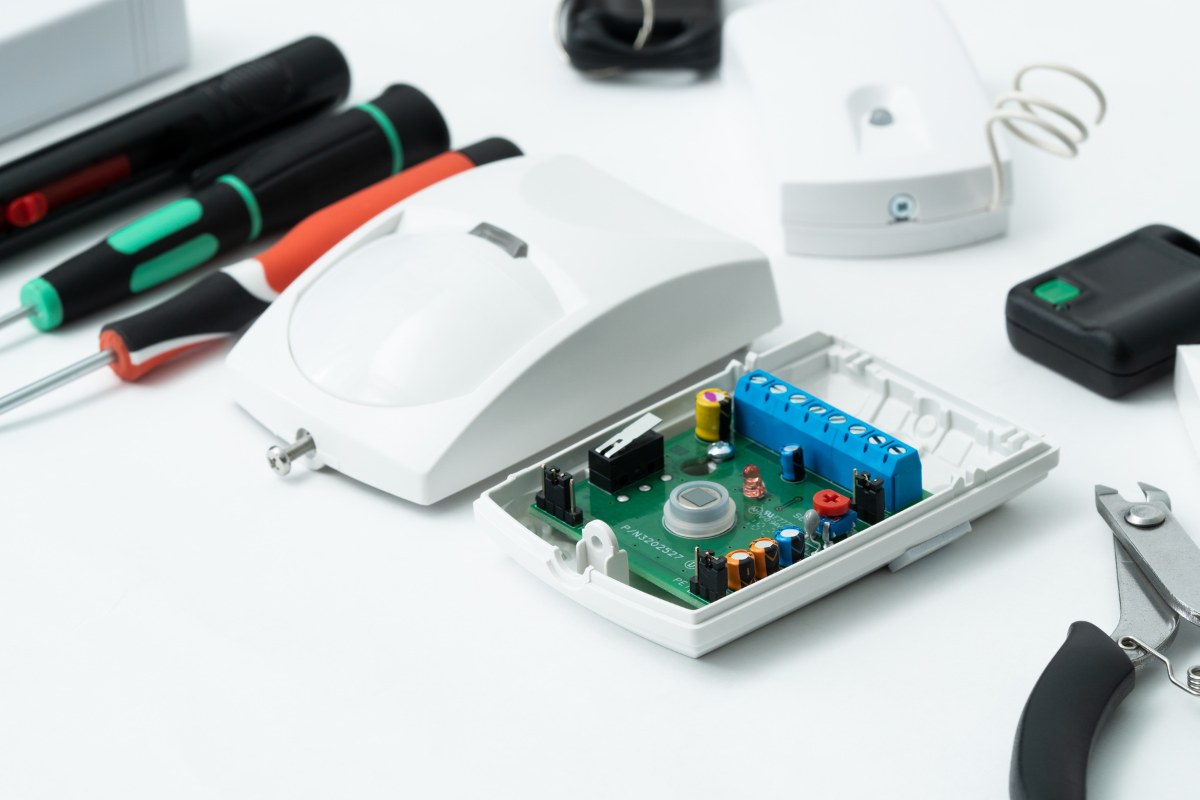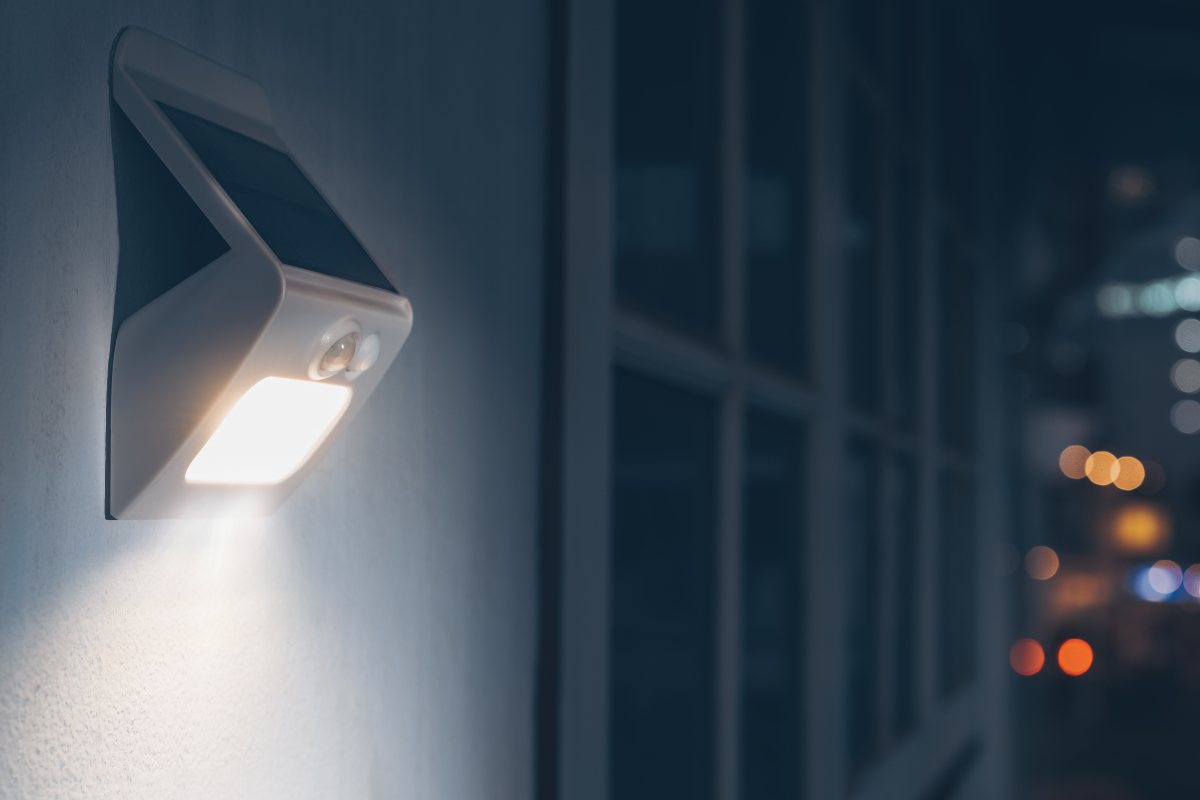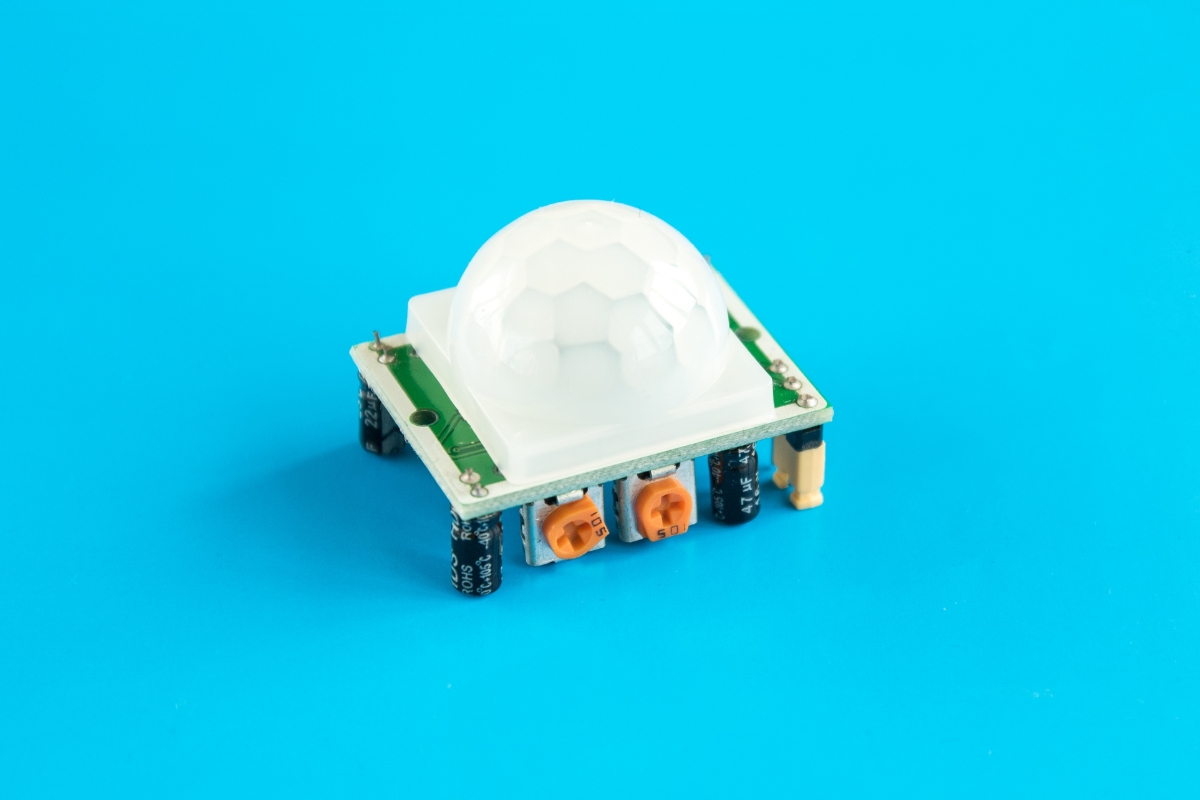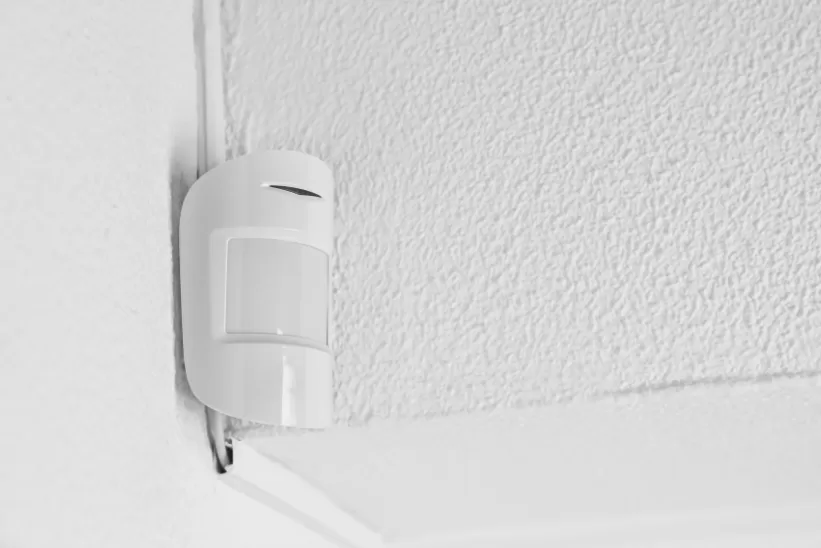What is Flicker
Flicker or flickering is the rapid and repeated changes in the brightness of light over time. It is characterized by variations in the intensity of light emitted by a light source, resulting in a fluttering or unsteady appearance. Flicker occurs when there are fluctuations in the voltage supplied to the light source or when there are fluctuations in the power line voltage itself.
Looking For Motion-Activated Energy-Saving Solutions?
Contact us for complete PIR motion sensors, motion-activated energy-saving products, motion sensor switches, and Occupancy/Vacancy commercial solutions.
The severity of flicker is influenced by several factors, including the frequency and regularity of voltage fluctuations, the magnitude of voltage changes, the type of light source being used (such as incandescent, fluorescent, LED, or HID), the gain factor of the lamp, and the ambient light levels in the area.
Flicker can have negative effects on individuals, including headaches, dizziness, and visual disturbances. In applications that require high levels of visual acuity, such as manufacturing, flicker can be particularly problematic and even dangerous.
Various methods are used to measure and quantify flicker in the lighting industry. One common method is the calculation of flicker percentage, which compares the peak and trough light output values and expresses the difference as a percentage. Another method is the flicker index, which takes into account both the magnitude and frequency of light output variations.
Get Inspired by Rayzeek Motion Sensor Portfolios.
Doesn't find what you want? Don't worry. There are always alternate ways to solve your problems. Maybe one of our portfolios can help.
Flicker can also be introduced by the power delivery, conversion, and control system to which the light source is connected. For example, certain dimming systems or incompatible drivers can contribute to flicker in LED lighting products.
Frequently Asked Questions
What Does It Mean When Lights Flicker
It is possible that there is a loose connection in the specific circuit or that the circuit is overloaded. If the lights are flickering in multiple areas of your house, it could indicate a more significant problem with the overall wiring. This could be related to the electrical panel or the main connections to your home.
Should I Worry if My Lights Flicker
Even if the flickering appears to be harmless, it may indicate a potentially dangerous problem with your electrical wiring that could pose a fire hazard to your home. If the flickering becomes more frequent or changes in any way, it is advisable to contact a professional electrician to conduct an inspection for your safety.
Is It Common for Lights to Flicker
Infrequent and brief flickering of lights is typically not a cause for concern. However, if you notice that the flickering happens frequently or lasts for more than a few seconds, it may be necessary to consider upgrading or installing new electrical circuits in those specific areas.
Can a Bad Breaker Cause Lights to Flicker
Yes, flickering lights can be caused by a faulty breaker. Specifically, when a large appliance is turned on, a bad breaker can result in lights flickering. This occurs because the startup of a high-wattage appliance puts a significant strain on the current being drawn.
What Type of Light Bulbs Don’t Flicker
Under normal circumstances, tungsten bulbs do not flicker on video. However, there may be instances where they do flicker. This occurs because when the bulb is connected to an AC power source, the filament heats up and cools down 60 times per second (in the US).

